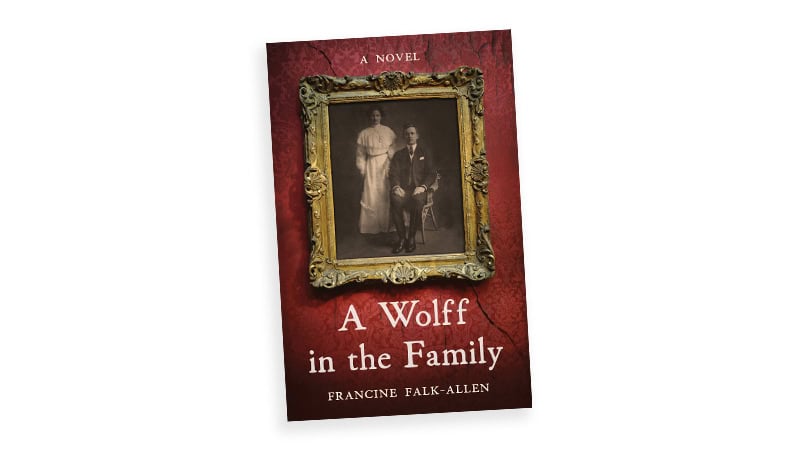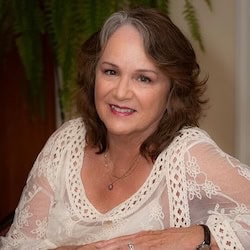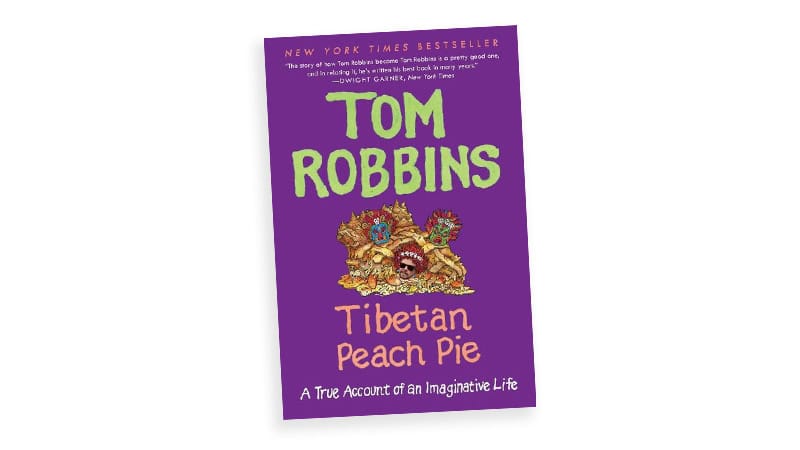‘A Wolff in the Family’
Excerpt from a new novel, based on truth, of a secret that stalks a family

Based on a true story, “A Wolff in the Family” by Francine Falk-Allen is a saga of prejudice, passion, and revenge, permeated with misogyny, prejudice, and passion. What mysterious scandals led a father to abandon the youngest of his children and for the elder siblings to keep their shame secret for 80 years?
Frank and Naomi Wolff were happily married in 1908. She was a Kansas farmgirl; he was a railroad engineer. She was excited to embark upon her role as wife and mother with a hardworking man, and in their early years together they made a life in thriving Ogden, Utah. Despite Frank’s almost-constant absence for his job riding the rails, which left Naomi to raise their children virtually alone, they had 14 children in 18 years. Like other lower-middle-class women, Naomi’s life was consumed with caring for her brood, who became helpers as soon as they could fold a diaper.
Affection and struggle coexisted within the family, but the marriage ultimately faced exceptional challenges.
Author Francine Falk-Allen was born in Los Angeles and has lived nearly all of her life in northern California. She had polio in 1951 at the age of 3 and has faced the physical and emotional repercussions ever since, including in print and through advocacy.
In her first book, “Not a Poster Child: Living Well with a Disability” (2018), Falk-Allen tells how she as a toddler learned grown-up lessons too soon; how as she grew she tried her best to be a “normie”; and how she finally found her balance, physically and spiritually. She explores how her disability has affected her choices in living a fulfilling (and amusing) life.
Her second book, “No Spring Chicken: Stories and Advice from a Wild Handicapper” (2021) offers her take on how to navigate the complications of aging with equanimity and a sense of humor.
“A Wolff in the Family” is Falk-Allen’s third book, fictional but based on a true story.
Excerpt from “A Wolff in the Family”
Back in the house, Frank had seen Naomi out the window, having a conversation over by the corral.
When she came to his side, he asked her, “What were you talking about with that Indian?”
“Now, Frank, I’m not sure he’s an Indian,” she said. “He might be, I can see that he does look kinda like one, but he talks just like anybody else. Like any farmhand. His name’s Foreland; that sounds like a white name to me. Maybe English like Sims, even. Plus, he’s related to the Chalmerses. We were just talkin’ about the horse … you know, that Josie’s been on our farms since I was young. Sis told me he was from Dover. He said his family’s got a farm there, but they didn’t need him for the summer, so he came down to help Mama. That’s all we talked about. It’s okay for me to have a conversation with my mother’s farmhand, isn’t it?”
Frank was thinking the guy was a little too good-looking, even for an Indian. Rough around the edges, not a city fellow, but still, something about him. And there had been that waiter at the station house. “Man, oh man, I told you before, you need to be careful talking to strangers. They might … they might think things.”
“Oh, for heaven’s sake, Frank. I’m home with the kids twenty-four hours a day while you’re gone talkin’ to who knows who every day when you’re on the railroad. Here I am – pregnant again, surely not of interest to any man – and I took a little walk over to the corral to see the horse for a few minutes. A body never gets time to herself! I just like a little adult conversation once in a while, other than the iceman at home and my mother here and women at the church. No harm in that. You know it doesn’t mean anything!”
She bit a fingernail, searching her fingers for one that wasn’t down to the quick.
“Listen, believe you me, I don’t like some Indian or half-breed or whatever he is thinking he can just talk to my wife any time he likes, especially alone.” Frank knit his brows. “He’s not family; he’s a hired hand. You should only be talking to him if you need to ask him to do a chore, and he’s your mother’s worker, anyhow. You bet she can tell him what to do. And you know I don’t like it when you talk back to me. Don’t be getting uppity.”
She shook her head, smiling, put one arm around his waist, and gave him a squeeze. “Actually, he’s Mother’s distant cousin by marriage.”
Then how’d they get that Indian blood in there? Frank thought. He didn’t approve.
Frank stood up straight and looked away, but he put his arm around her as well and gave her a pat on her hip, enjoying his wife’s affection and comely little body, even with its swell of pregnancy.
 Francine Falk-Allen spends a significant amount of time managing the effects of post-polio. She facilitates a polio survivors’ group as well as a writing group, and volunteers on her town’s Americans with Disabilities Act Accessibility Committee. She loves the outdoors, swimming, gardening, movies, well-written literature, being with friends, and sharing British tea and a little Champagne now and then. She resides in San Rafael, California, with her husband. Learn more at FrancineFalk-Allen.com.
Francine Falk-Allen spends a significant amount of time managing the effects of post-polio. She facilitates a polio survivors’ group as well as a writing group, and volunteers on her town’s Americans with Disabilities Act Accessibility Committee. She loves the outdoors, swimming, gardening, movies, well-written literature, being with friends, and sharing British tea and a little Champagne now and then. She resides in San Rafael, California, with her husband. Learn more at FrancineFalk-Allen.com.
Read more excerpts and reviews from Boomer Magazine in our books department.


